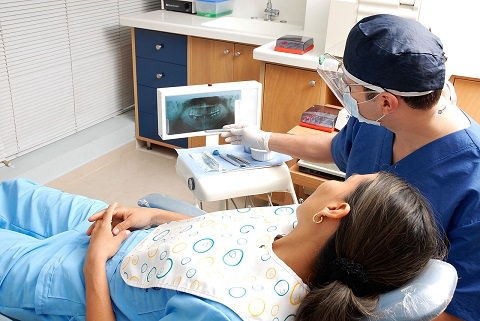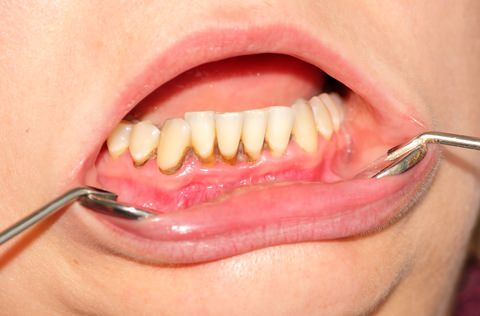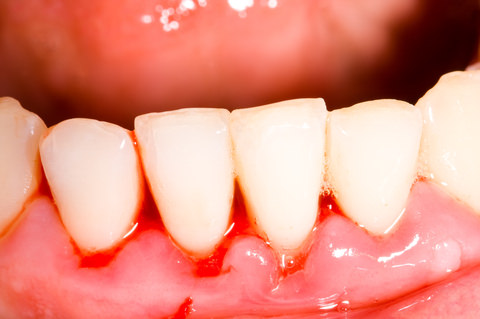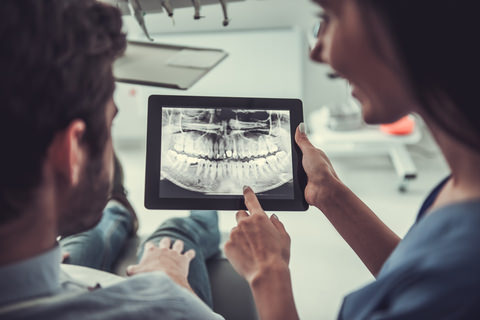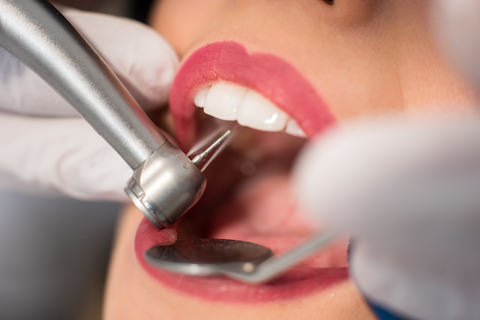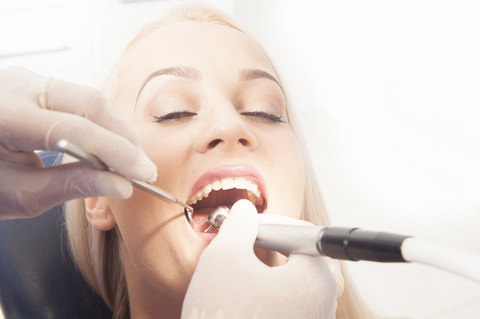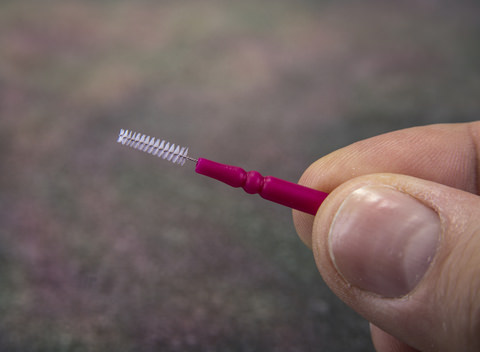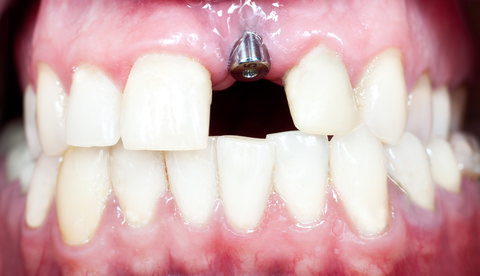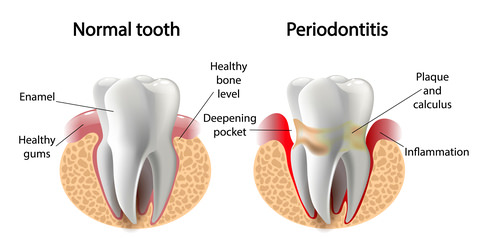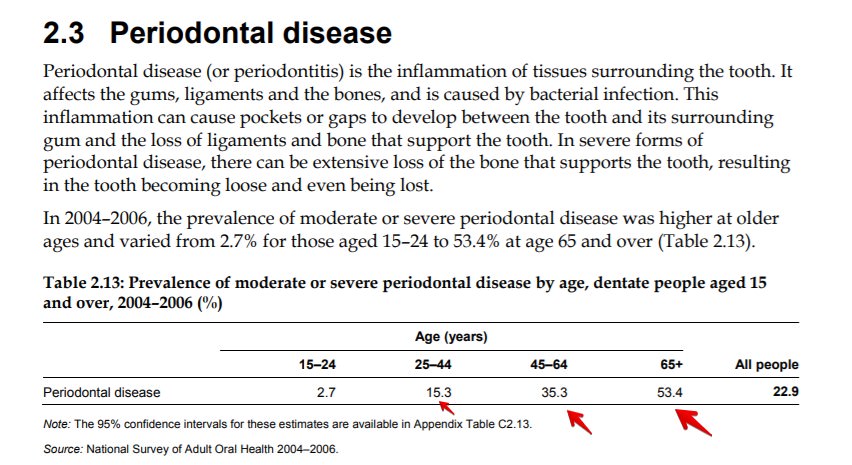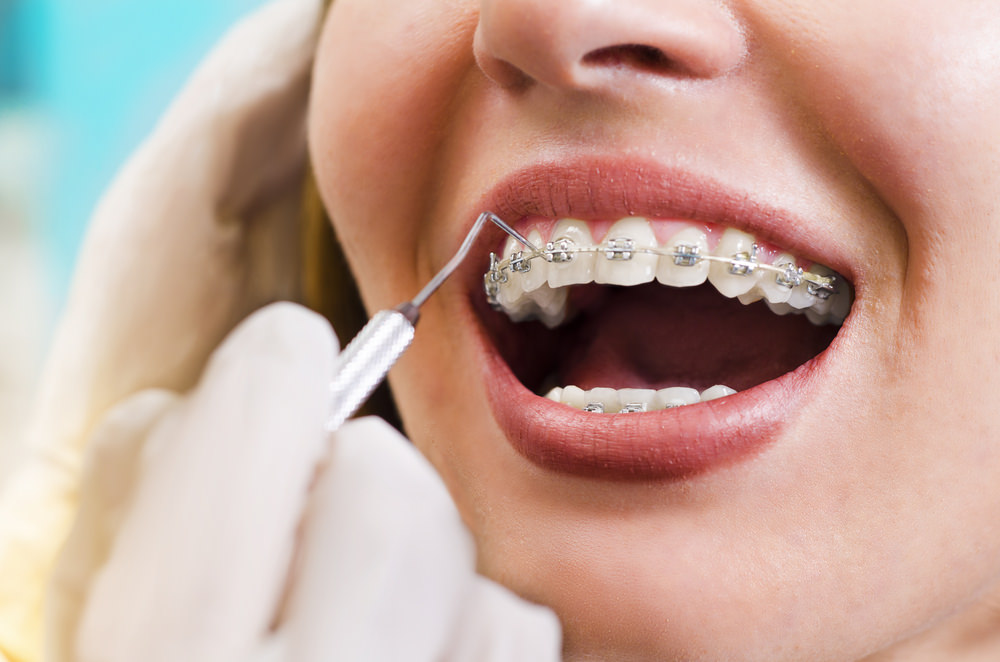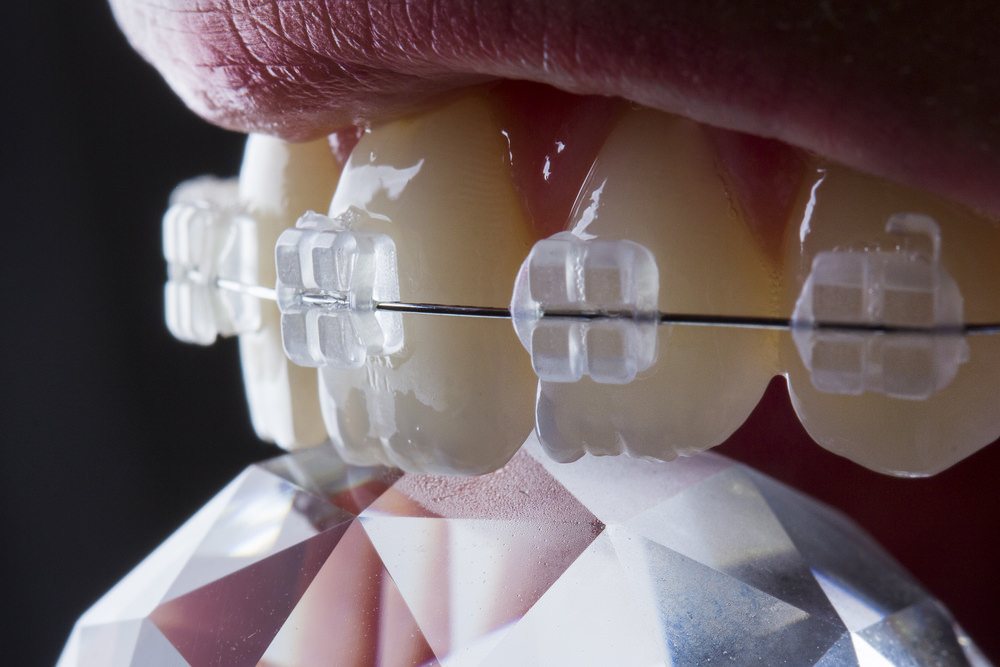Periodontal Treatment: Why You Need a Periodontist
A periodontist is the perfect professional to check your gums. They have additional training and have specialised in the periodontal field.
Since most of us have limited exposure regarding dental care; we can ignore gum issues when they are in their development phase.
Your periodontist can provide extra care and that is why it is a strong reason to have regular checkups with your dentist and a periodontist.
In this post, I’ll cover in detail what a periodontist is and does as well as look at the area they specialise in.
Who is a Periodontist?
A periodontist is a specialist dentist specialising in gum care and the supporting tissues of the mouth.
A regular dentist can take care of most of your dentistry requirements.
There are some particular medical issues for which your dentist can refer to a periodontist.
Similarly, if you are aware of the diseases that evolve, you can make an appointment directly with a periodontist yourself.
It’s better to be aware of these diseases and their symptoms; not only to avoid them at their developing stage but can also take care of them when they start showing signs of disease.
Periodontal Diseases
Our gums, over a period, develop plaque around them.
While you may ignore this, considering it to a be a regular occurrence it can be detrimental.
Not only does plaque contain bacteria but it’s also hard to remove through regular brushing and flossing.
The bacteria found in plaque can cause gums to become inflamed.
Gingivitis is a medical condition where gums can become red, swollen, even inflamed and prone to bleeding easily.
While this might appear normal at earlier stages, it’s definitely something to watch out for.
Bleeding caused by brushing might not hurt much, the condition can get dangerous, quickly.
While improper brushing and or lack thereof can be a significant cause for Gingivitis to develop, other factors may intensify the condition.
Factors Include:
- Smoking or consuming tobacco in any other form.
- Diabetes.
- Pregnancy.
- Malnutrition.
- Anxiety.
- Certain medications (especially heart-related).
Periodontal Warning Signs
While you might comfortably assume that you have no severe gum issues, it’s always wise to visit your friendly dentist on a regular basis.
Ignoring minor signs of periodontal disease can lead you to see a periodontist at some stage if left untreated.
Getting to your periodontist early on can mean the difference between preventable treatment options or severe surgery.
Early detection can also be performed by a regular dentist as well, and a visit to a periodontist may not even become necessary.
There are, however, certain other cases that require the special care of a periodontist.
Your family dentist may refer to them to get the condition more seriously checked.
Why do You Need a Periodontist?
When gum disease is in its initial stages, you require a dentist visit.
But if it is about avoiding surgical removal of the gum, you should opt to go to a periodontist.
Aside from that, there are a couple of other reasons that may require you to visit your periodontist.
I’ll list all these factors here and discuss in detail why periodontal care in these cases may be more suited than a routine orthodontist checkup.
For Specialised Care
It is true that a dentist can treat most aspects of your periodontal disease. Certain special conditions may require a more specialised look into them.
This may refer to situations that can relate to surrounding tissues, or when more sophisticated handling is needed.
In most periodontal referrals, the positive outcome is that the patient doesn’t end up losing teeth.
This is because, when the disease gets serious, it can affect the jaw bone surrounding the teeth and weaken the teeth itself.
When detected earlier, this stage can be avoided, and the general dentist may refer the case to a periodontist to bypass this stage.
- Plaque and calculus removal.
- Braces placement and adjustment.
- Root-canaling and related aspects.
More advanced issues such as infection filled void pockets or even the treatment of gum recession; you’ll likely need periodontal care.
This is because the periodontists not only have the equipment to deal with all these advanced conditions but also medical specialisation.
One point I must state is that some ‘general dentists’ do have the training and expertise to handle periodontal matters.
It just depends on their experience and if they are qualified. So it’s best to ask questions when you’re next at the dentist.
For Health Conditions
Dentists are a great line of defence against a common gum condition.
But if your doctor has to consider a specific medical condition along with gum disease, things can become tricky.
Systemic conditions like diabetes, heart issues, and even pregnancy can affect gum health.
These conditions also can impact treatments that generally end up curing gum disease.
For instance, not only do they become significant in causing various gum conditions, but they also slow down the healing process.
But since periodontists specialise in gum health, they are more suited to treat these aspects of gum problems.
Regular treatment or medical intervention for these conditions if performed by non-specialists can hurt the body, which is why periodontal attention is required.
Complex Cleaning Requirements
Your regular dental care may provide the necessary twice-a-year teeth and gum cleaning, but there are certain conditions where more sophisticated cleaning is required.
This can be mostly due to specific gum problems, but also due to poor dental hygiene.
Such a case may require a more frequent dental cleaning routine.
Personalised assistance regarding a daily plan which meets the requirements of your case could be needed as well.
A periodontist, not a general dentist can be a more suitable choice in this regard.
They will not only be able to help prove a personalised plan but also detect the diseases that are just developing.
Preparation for Future Restoration
Gum restoration is a regular part of the job for most dentists. In many cases does not require the assistance of a periodontist.
There are, however, specific infection ridden cases that are more complex to restore.
Since periodontists specialise in areas surrounding the teeth, they are better equipped to restore and repair gum tissues. They can even repair them for a complete restoration.
After a full recovery, a periodontist can also help shape your teeth.
Who doesn’t want to look more attractive when we smile?
Bad Habits Discussed
While the factors mentioned above all require a visit to the periodontist, there are quite a few other factors, such as bad habits that can land you on your periodontist’s doors.
These factors include but are not limited to:
Not Paying Attention to Bleeding Gums
Your swollen, bleeding gums are due to inflammation of the skin.
Dentists believe can significant sign of gingivitis and periodontal disease. Even ignoring unremarkable bleeding caused by brushing or flossing can be a sign.
An appointment with the periodontist or at least your dentist should be a serious consideration.
If not treated on time, the disease can even lead to severe medical conditions, including cardiovascular diseases and diabetes.
Not Taking Flossing Seriously
It is essential that you take the basic brushing routine after every meal seriously.
The other part of the routine that gets missed or forgotten about a lot is flossing.
If you do not floss at least once a day, plaque can deposit around your teeth, and the bacteria in it can cause infection. This can be your ticket to a periodontist visit.
Another good product to use if flossing doesn’t agree with you is an interdental brush.
These little wonders are fantastic for getting between your teeth and removing the debris that causes plaque buildup.
An example of an interdental brush is a product called a pikster. They are small, come in different sizes and easy to use.
Piksters aren’t the only brand out there but they are well made and work.
I recently reviewed and tested Piksters Interdental brushes and thought they were great!
If you find flossing hard maybe try a SupaGRIP flosser by Piksters. I found them very easy to use and they did a wonderful job at removing debris from between my teeth.
Fearing Dental Visits
A visit to your dentist or periodontist can be a nerve-racking experience. It’s natural.
But not all the visits result in dental surgeries or the removal of the problematic gum.
Routine regular visits can help you avoid all these dreaded stages and aid in early detection of diseases that may become serious at a later stage.
Fear of Permanently Losing a Tooth
Adults are not as lucky as kids; their teeth don’t grow back once you lose them.
Losing teeth is a real concern for many people. This concern is quite common among people who suffer from gum disease.
The moment, you encounter gum disease, don’t prolong it. Visit your periodontist and have the disease treated at its earliest stage.
If you do lose a tooth or teeth, there are options out there for you.
Cosmetic surgery like dental implants can offer you the opportunity to fill the gap in your smile.
Dental crowns, as well as dental bridges, should also be considered.
Replacements not only look natural but can also aid in proper chewing while eating.
While all these options are great, your budget may have the final say in this matter.
Signs a Visit to Your Periodontist is Due
Since periodontal diseases don’t show severe early signs, you can end up ignoring some of the most common symptoms.
The fact is that even some of the more common gum abnormalities can be a sign of Gingivitis.
Treating gingivitis early on can save you and avoid a more severe medical condition/s.
The most common of these signs are red, swollen gums, that profusely bleed while brushing and flossing.
This is an early sign of the existence of the bacteria and inflammation around gums.
Similarly, chronic bad breath is also a sign of the bacteria present which can also give your mouth a bad taste.
The smell and the taste are due to bacteria production that can even leave a sour taste every time you brush.
At other, comparatively later stages, periodontal disease can also be signalled through receding or shifting gums.
Gums can develop deep pockets between them and your teeth.
These pockets may get infected or swollen.
Some other signs include a forced chewing pattern due to pain, inflammation or even because of loose teeth.
Additionally, gums may develop sensitivities to sudden changes in temperatures.
Sharp pain in consuming something very cold or hot is common.
Genetics and Gum Disease
Genetic diseases can also play a role in deciding whether you need to visit a periodontist regularly.
This is because like all disorders, gum conditions can also be hereditary.
Therefore if you have a history of gum diseases in your family, make sure you get yourself regularly checked to prevent developing the same conditions.
It is also worthwhile visiting your doctor as there’s a possible link between gum disease and heart disease.
Lastly, you must never ignore an upcoming periodontal visit, especially if you haven’t been for a while or over the age of 30.
As you can see below, as you get over the age of 30 your chances of developing periodontal disease go up.
Often we neglect scheduling visits due to the lack of awareness.
But if you are over 30 and haven’t yet been checked by a periodontist, it might be a good idea to get your gums inspected.
Conclusion
Nobody wants decaying gums, and nobody wants to go through the pain gum disease can cause.
Therefore, get the earliest appointment with your periodontist and have yourself checked out even if your symptoms are not extreme.
While your dentist can fulfil most dental care requirements, there are undoubtedly some individual cases that need further expertise.
Certain health conditions, such as diabetes, cardiovascular disease, or even pregnancy can complicate treatment and the subsequent healing process for your gums.
A periodontist can have a better look at such issues compared to a general dentist.
The best approach to having healthy gums would be to quit smoking and adopt other healthy habits, including brushing and flossing.
But in case that stage has passed, and you find yourself facing even the most minor of these symptoms, don’t ignore them and visit a periodontist.
Have you ever experienced a periodontal disease with symptoms not mentioned here?
By Dr. V
Created at September 06, 2018, Updated at January 25, 2025



